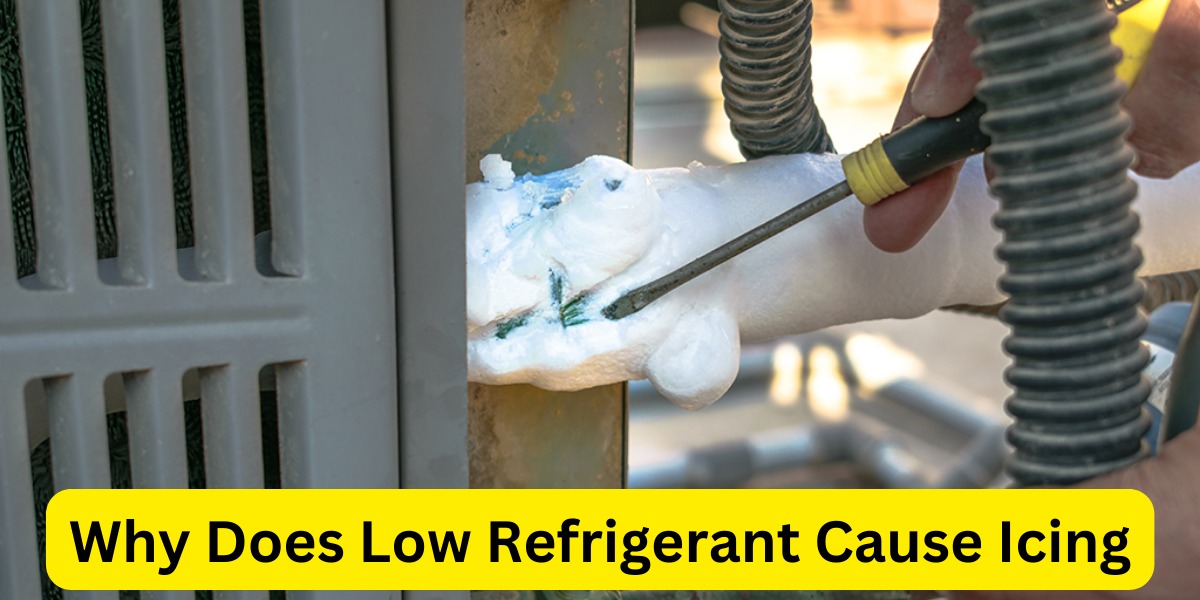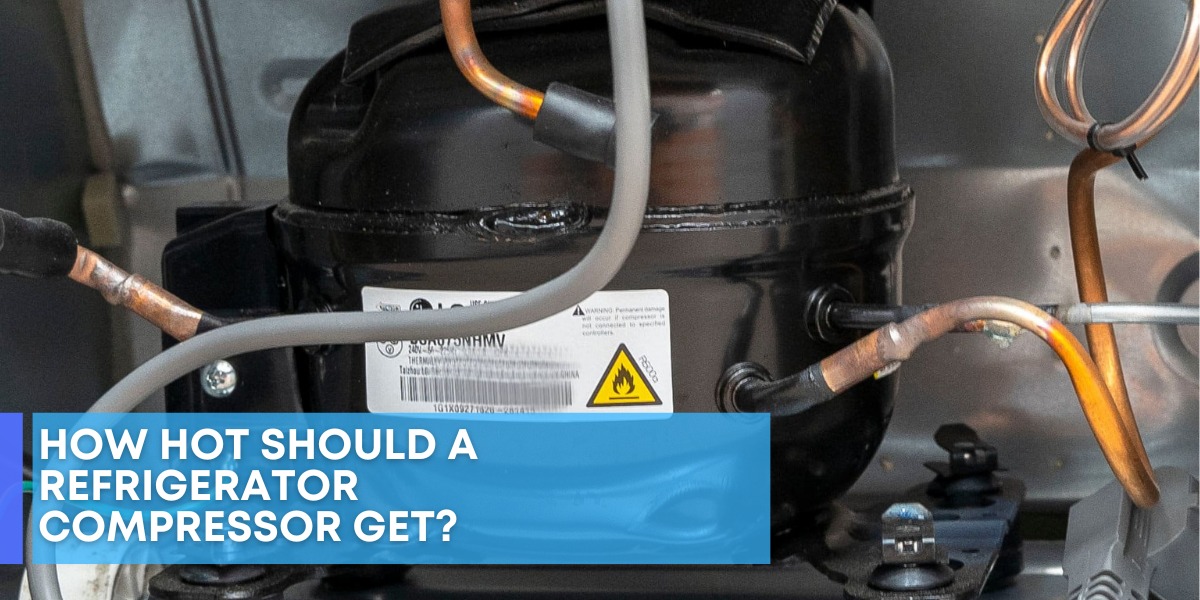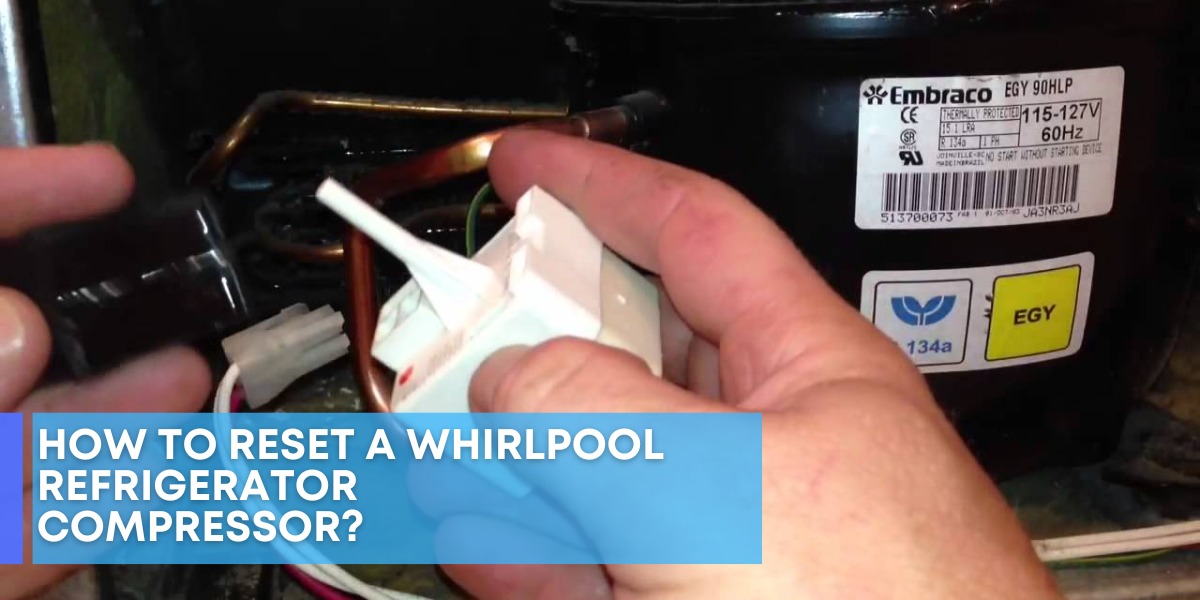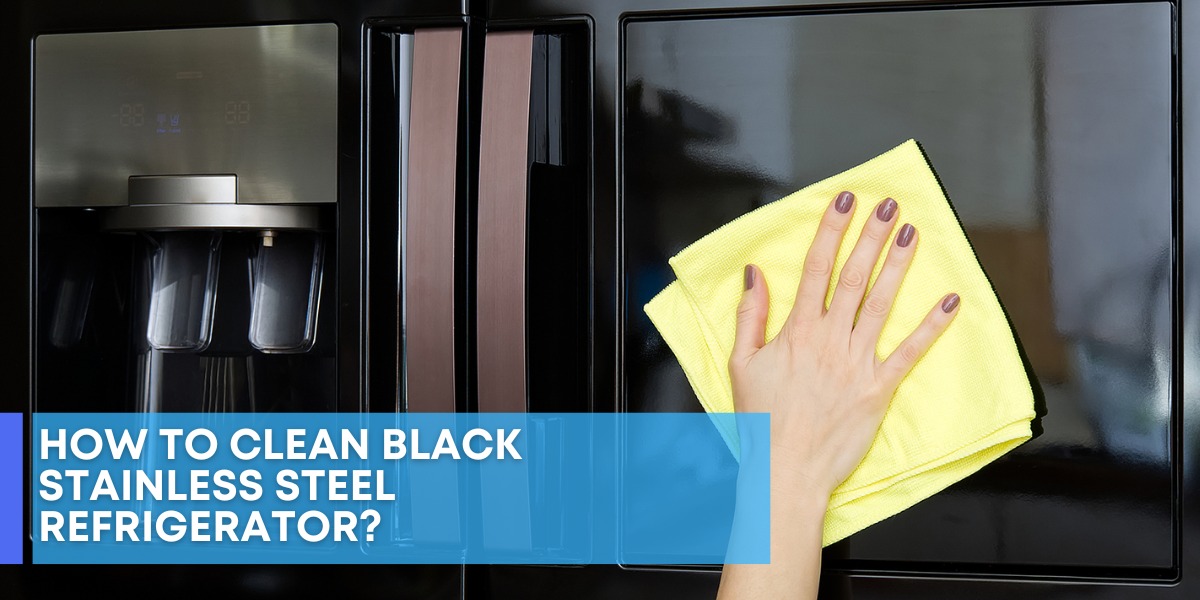If you’re having trouble keeping your home from becoming an ice rink, it might be because of the refrigerant in your air conditioning unit. Low refrigerant levels can cause your system to overheat and freeze up – resulting in thick ice on your ductwork, coils, and condenser. In some cases, this can also cause a leaky AC unit that will waste energy and money.
So what can you do to prevent this from happening? There’s not a whole lot you can do about the weather, but there are some simple things you can do to keep your AC unit running smoothly all year long.
What Causes Low Refrigerant Conditions in Ice Machines?
There are a few reasons why a refrigerator may have low refrigerant levels. One common cause is if the compressor is not running or if it’s running too slowly. If this is the case, the system will not be able to keep up with the demand for cooling and may start to experience icing. In addition, low refrigerant levels can also be caused by leaks or damage to the system.
If this is the case, air will start circulating through the system lessening its efficiency and causing it to freeze over time.
How Does Low Refrigerant Cause Icing?
Refrigerants are chemicals used in air conditioners and refrigerators to lower the temperature of the air inside. When refrigerants leak, they can form a thin film on surfaces that can freeze. This can cause ice to form on machines and around the edges of doors and windows.
The most common cause of refrigerant icing is a low charge in the system. The cold compressor can’t produce as much cold air when the refrigerant charge is low. This causes condensation to form on internal parts of the compressor and evaporator, which then freezes.
When this happens, the compressor can’t produce enough cold air to keep things cold, so ice begins to form on surfaces inside the system. The icy buildup can eventually lead to complete failure of the appliance.
If you notice your refrigerator is constantly icing up, there are a few things you can do to try and resolve the issue. First, check your charging system and make sure it’s getting a full charge.
Next, change out your filters if they’re not current or have been replaced in the past few months. And finally, be sure to keep an eye on your refrigerator’s temperature settings and make adjustments as necessary to keep things at a comfortable temperature.
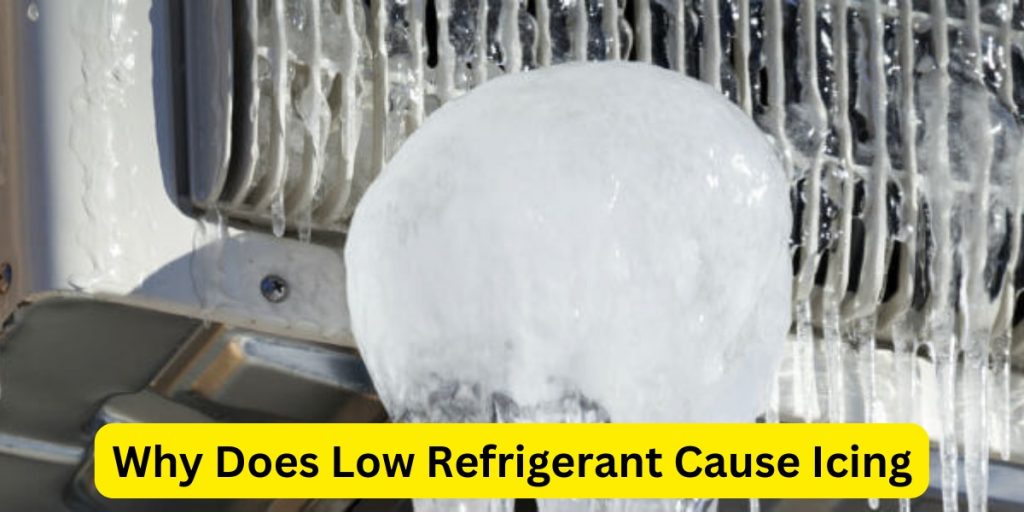
If You Are Looking For A Refrigerator Repair Service In UAE
At Haffixer, we understand that Refrigerator repair can be a daunting task. That’s why we offer professional Refrigerator repair services in Dubai, Abu Dhabi, and the UAE. We use the latest techniques and equipment to diagnose and fix your oven quickly and efficiently.
If your oven is not working properly, our team can help diagnose the issue and provide a solution. We also offer a range of Refrigerator repair services, including cleaning, replacement parts, and more. Contact us today to schedule an appointment for your next Refrigerator repair in Dubai or Abu Dhabi! All home appliance repair services are available.
Tips to prevent icing in your ice machine
It is not unusual for an ice machine to experience icing issues. In fact, it is quite common, especially in small homes. There are a few things that you can do to prevent icing from happening:
- Clean your ice machine regularly. This includes cleaning the interior of the machine and the exterior of the seals. If there is sugar or other food particles on the interior of the machine, they will attract moisture and create an environment for ice growth.
- Change your ice maker’s filter regularly. Not all filters are created equal, and some may be more prone to accumulating debris over time. A dirty filter will also increase air flow through the ice maker, which can cause it to overheat and produce more frosting.
- Limit how often you use your ice machine. If you’re only using your machine occasionally, it may not need to be run as long each time as a machine that is used more frequently. This will help conserve energy and reduce the amount of wear and tear on your equipment.
Ice machines are often one of the first things to go when a refrigerator goes out of commission. Unfortunately, ice machines are also one of the most common places for icing to happen.
There are a few tips you can follow to prevent icing from happening in your ice machine:
- Check the level of refrigerant in your machine regularly. If it is low, it will cause the compressor to work harder and this will result in more frosting and icings.
- Keep your freezer full so that there is always enough space for the ice cubes to freeze. This will help prevent them from becoming too warm and causing icing problems.
- Clean your ice maker regularly with a solution of water and vinegar or lemon juice – this will remove any build-up on the blades that can lead to icing problems.
- onseter.com

